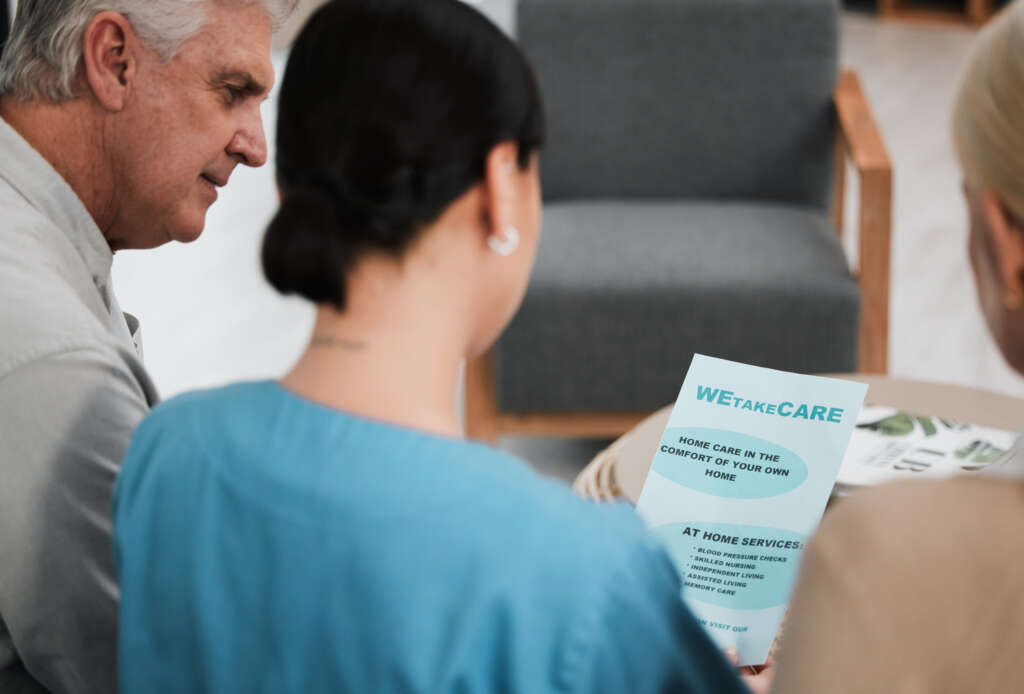Share This Article
Your local library isn’t just for books these days. Across the country, public libraries are partnering with medical organizations to bring essential wellness checks directly to your neighborhood. These convenient, no-cost checkups can help catch serious conditions early – and you won’t need insurance or an appointment to participate.
Libraries have become unexpected wellness hubs, hosting everything from blood pressure checks to comprehensive fitness fairs. It’s part of a growing movement recognizing that medical access remains a challenge for many Americans, especially in underserved communities where libraries often serve as vital community anchors.
Why Libraries Make Perfect Wellness Partners
Public libraries welcome everyone, regardless of income, insurance status, or citizenship. They’re already trusted community spaces where people feel comfortable seeking information and assistance. With over 9,000 public library systems nationwide hosting more than 1.5 billion visits annually, they reach far more people than many traditional medical settings.
Many library patrons are already seeking wellness-related guidance from staff – from finding local medical resources to understanding how to access care. By hosting actual checkups, libraries can provide immediate, actionable information rather than just directing people elsewhere.
The exams typically happen in quiet library meeting rooms or sometimes via mobile units parked outside. Medical professionals conduct the actual tests, ensuring accuracy and proper follow-up when needed.
What Checkups Are Actually Available
Blood Pressure Monitoring
Blood pressure checks are the most common service offered at libraries. High blood pressure greatly increases your risk of heart disease and stroke, yet it’s often called the “silent killer” because most people experience no symptoms. A simple reading takes just minutes and can reveal whether you’re in a optimal range (below 120/80 mmHg).
Medical workers will typically take two readings to ensure accuracy. If numbers are elevated, they’ll discuss lifestyle modifications and recommend follow-up with a primary care provider.
Diabetes Testing
Many library wellness events include glucose testing or A1C checks to detect diabetes or prediabetes. The A1C test is particularly valuable because it reflects the average blood sugar level over the past two to three months. 7.3 million adults have undiagnosed diabetes, making these community checkups potentially life-changing.
For the most accurate numbers, you’ll typically need to fast for 8-12 hours before glucose testing. Some events offer non-fasting checks, though numbers may be less precise.
Cholesterol Testing
Cholesterol checks measure your total cholesterol levels and sometimes include HDL (“good”) and LDL (“bad”) cholesterol breakdowns. High cholesterol can increase your risk for heart attack or stroke. Like glucose testing, fasting for 9-12 hours before the exam provides the most accurate numbers.
Many programs also include basic measurements like height, weight, and BMI calculations to provide a more comprehensive wellness picture.

How to Find Services Near You
Check Your Library’s Website and Social Media
Most libraries promote wellness events prominently on their websites, often in the “Events” or “Programs” section. Follow your library’s social media accounts for announcements about upcoming fairs or checkup days.
Call Your Local Library Directly
Library staff can tell you about scheduled wellness events and may know which community organizations regularly offer services in your area. Many librarians maintain lists of local medical resources specifically because patrons ask for this information so frequently.
Contact Your County Medical Department
County medical departments often coordinate with libraries to host wellness events. They can tell you which library branches in your area participate in programming and when the next events are scheduled.
Look for Community Medical Organizations
Search for community medical centers, federally qualified centers (FQHCs), or organizations like CVS Project Health in your area. Many of these groups regularly host events at libraries and other community locations.
What to Expect During Your Visit
Most library wellness checks operate on a walk-in basis, though some may request pre-registration. Arrive early if possible, as popular events can get busy. Bring a photo ID and any current medications you’re taking, as medical providers may ask about them.
The actual exams are typically quick – blood pressure takes about 5 minutes, while cholesterol or glucose testing might take 10-15 minutes if blood draws are involved. Medical professionals will explain your numbers immediately and provide educational materials about maintaining optimal levels.
If numbers indicate potential concerns, staff will discuss next steps and help connect you with local medical resources. If the patient does not have a primary care provider, the community medical provider will attempt to connect the patient with the appropriate care.
Making the Most of Your Visit
Come prepared with questions about your numbers and what they mean for your wellness. Don’t hesitate to ask for written copies of your readings – this information is valuable for your regular medical provider.
If you’re managing existing conditions like diabetes or hypertension, bring a list of your current medications and recent readings if you monitor at home. This helps medical providers give you the most relevant guidance.
Remember that library checkups are valuable snapshots of your wellness, but they’re not substitutes for regular medical care. Use the numbers as motivation to establish or maintain relationships with providers who can offer ongoing support.
Wellness Check Essentials:
• No insurance or appointments required for most library wellness events
• Blood pressure, diabetes, and cholesterol checks are the most commonly offered services
• Fasting 8-12 hours improves accuracy for glucose and cholesterol testing
• Check your library’s website, social media, or call directly to find upcoming events
• County medical departments often coordinate library wellness programs
• Numbers are explained immediately with educational materials and referrals provided
• Bring photo ID and a list of current medications to your appointment


